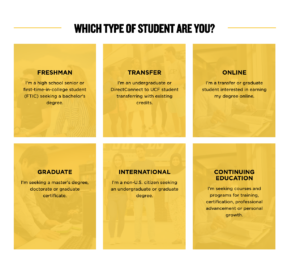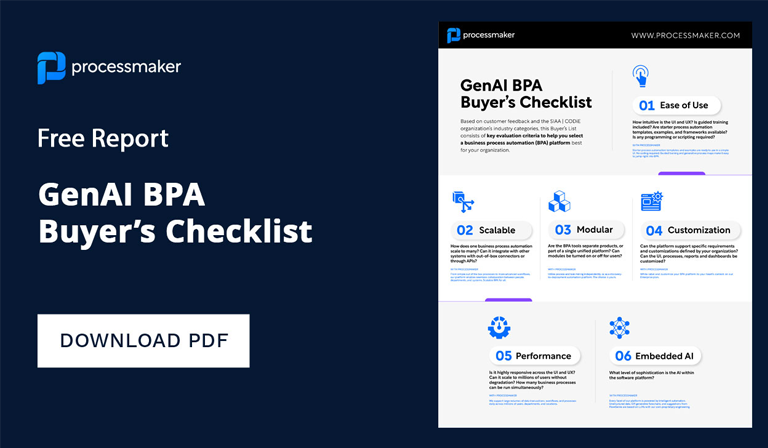As college enrollment declines nationwide and more students apply to more than one university, higher ed institutions need to adapt to effectively engage students. Your website and the online enrollment process is one of the first interactions your prospective students have with your institution. The enrollment process for higher ed can be very complex depending on where you are enrolling and what degree you are seeking. There are also in-state, out-of-state, and international student applications going through the enrollment process. It is key to understand how prospective students view their enrollment experience and to adapt to accommodate the needs of prospective students.
Deliver Quality User Experiences
First and foremost you must consider the end-user (gen Z, veterans, continuing education) when it comes to your institution’s website. Most  prospective students want a tailored user experience stating that “If I was stuck on the homepage of the college website and it didn’t look like they put a lot of care and attention into the page, I wondered…would they put a lot of care and attention into me?”
prospective students want a tailored user experience stating that “If I was stuck on the homepage of the college website and it didn’t look like they put a lot of care and attention into the page, I wondered…would they put a lot of care and attention into me?”
To create a better student experience, Ensure that your website is ADA compliant and mobile-friendly. Think of the user journey from beginning to end when you start you map out the enrollment process. Avoid internal acronyms and use clear and concise language on your website as well.
When prospective students hit your higher ed website to start the application process, ensure that the path to an application is clear and easy-to-understand. No student wants to spend time looking for where to apply. A good way to ease the start of the enrollment process is by asking a simple question like, which type of student are you? From there you can ensure that your prospective student is on the right path for their enrollment process.
Another way to ensure your institution is delivering the best user experience is to ask for feedback from students who have completed online enrollment and registration. Most results from surveys polling students and parents involved in the enrollment process generally criticize authenticity. Therefore universities need to be personal, open, and original. The first place you can be authentic is in email communication. Start by crafting original emails that speak to prospective students and not simply deliver the same value proposition that almost every other college or university has.
Higher ed institutions need to think of their website as part of a customer service experience from the student’s perspective, not their own.
Reduce Higher Ed Silos
We live in a world with instant gratification with on-demand networks and one-day shipping, so why can’t universities keep up with this instant demand? Most institutions work in silos to feed information to students and in most cases have zero interaction with each other. In today’s world, all offices that work with enrollment need to adapt to think of their interactions with students in the context of the entire student experience. No longer can offices continue to work individually, they have to think of where the student is in the enrollment process and how to facilitate the next step.
With so many rules, compliance issues, and regulations, it is hard for higher ed institutions to keep up with paperwork. If academics, admissions, student affairs, career services, and alumni relations worked together, it would make the enrollment process far more easier for prospective students. Higher ed institutions can improve prospective students’ end experiences by automating common processes and connecting legacy solutions to streamline tasks with business process management software.
All offices and departments in universities and colleges need to take part in simplifying and improving the process of online enrollment. From the moment a prospective student lands on your website to the start of orientation, the student experience will be easier, quicker, and more enjoyable if more staff and faculty are involved.


